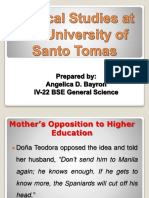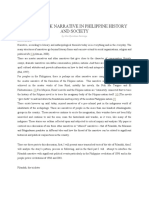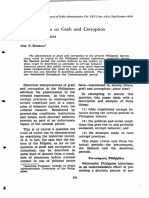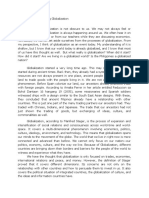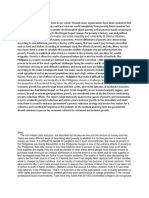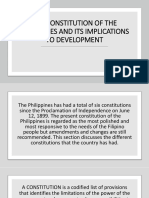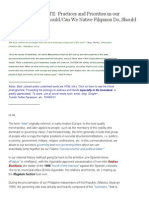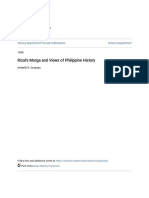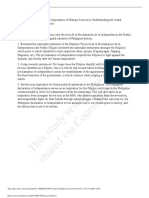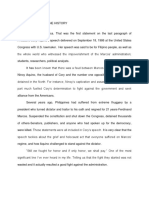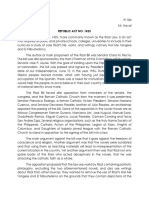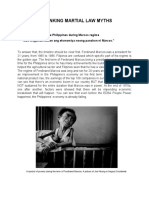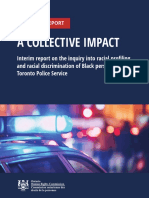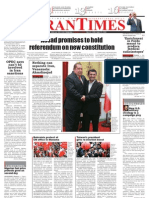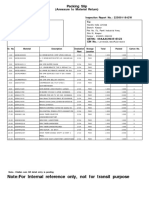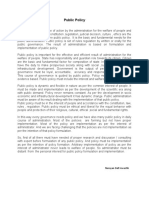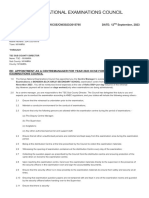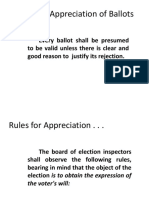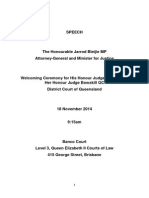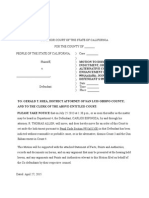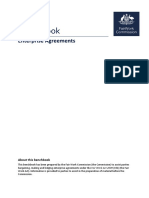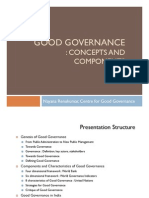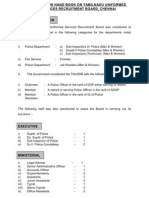0% found this document useful (0 votes)
441 views2 pagesProblem Solution
This document discusses corruption as a major problem in Philippine public administration. It defines corruption as dishonest or illegal behavior, especially by government officials, such as accepting bribes. Corruption is considered the most intolerable administrative problem as it involves misusing public funds for private gain. The document proposes improving transparency and access to information as potential solutions, such as creating an interactive social media platform where citizens can easily access government data.
Uploaded by
John Renzo EspinosaCopyright
© © All Rights Reserved
We take content rights seriously. If you suspect this is your content, claim it here.
Available Formats
Download as DOCX, PDF, TXT or read online on Scribd
0% found this document useful (0 votes)
441 views2 pagesProblem Solution
This document discusses corruption as a major problem in Philippine public administration. It defines corruption as dishonest or illegal behavior, especially by government officials, such as accepting bribes. Corruption is considered the most intolerable administrative problem as it involves misusing public funds for private gain. The document proposes improving transparency and access to information as potential solutions, such as creating an interactive social media platform where citizens can easily access government data.
Uploaded by
John Renzo EspinosaCopyright
© © All Rights Reserved
We take content rights seriously. If you suspect this is your content, claim it here.
Available Formats
Download as DOCX, PDF, TXT or read online on Scribd
/ 2

